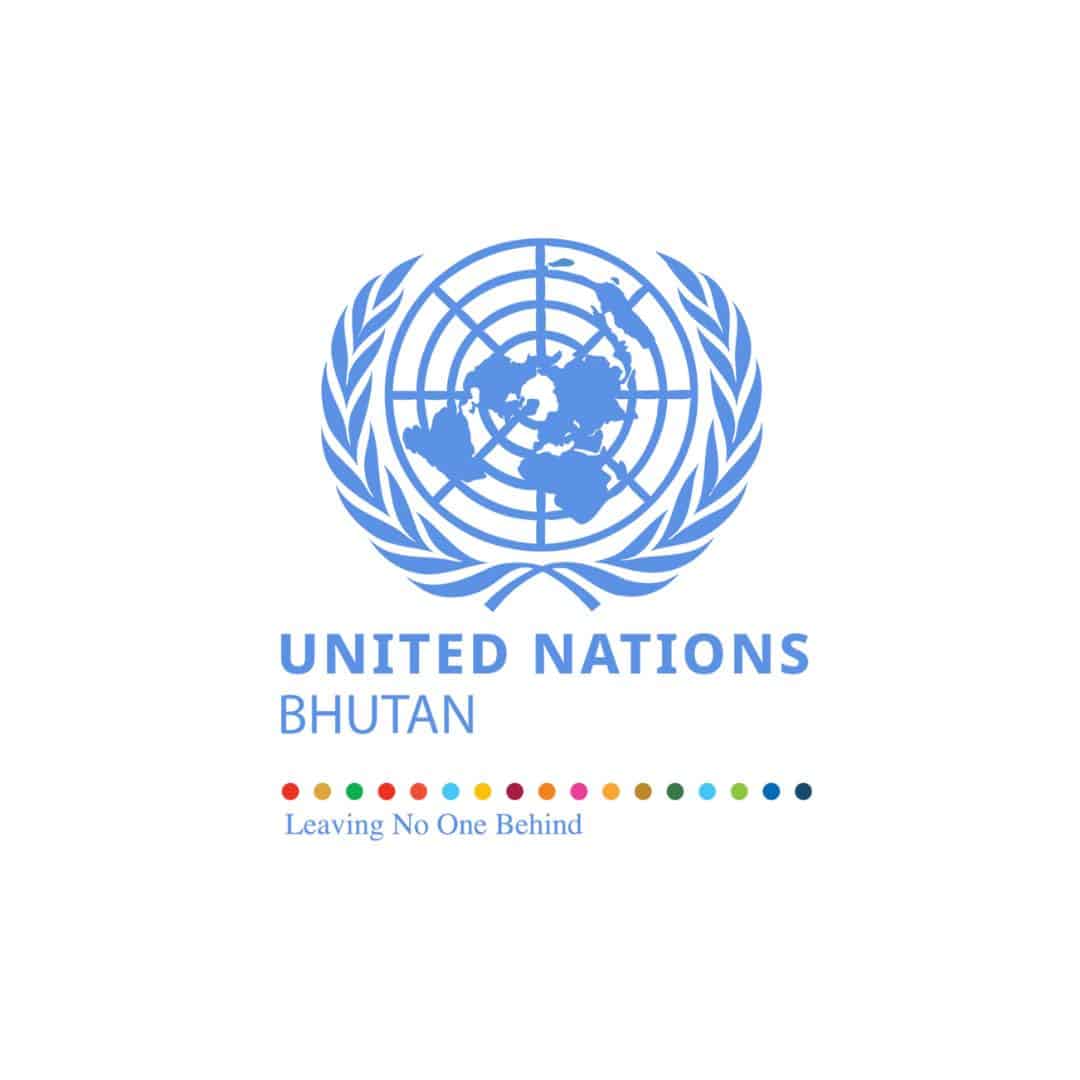The Bhutan Media and Communications Institute (BMCI) recommended improving coordination and cooperation among different ministries and departments and between governments to ensure better regional connectivity and safety of Bhutanese travelers outside Bhutan.
BMCI stated that there were different stakeholders involved in trading; starting from farmers, truckers, brokers, support service providers along the highways, policy makers, check points personnel (Customs, Immigration, BAFRA), manual workers, clearing agencies and many more.
This was highlighted during the workshop held to create an enabling and inclusive policy and political economy discourse for trade, transport and transit facilitation in and among Bangladesh, Bhutan, India, Nepal (BBIN) and Myanmar.
BMCI proposed 19 recommendations like establishment of integrated cross-border checkpoints, diversification of traffic for reduction of congestion, encourage women participation and improve road and transport infrastructure.
The recommendations also include connection beyond India, encourage and facilitate 24/7 support services along the highways, need for alternative trade route, equipping the checkpoints, town planning and cross border coordination.
The other recommendations comprise developing safety for Bhutanese travelers along the Indian roads, single window information facilities, linking ICT services with banking system and pollution control mechanism.
The need for effective cross -border coordination between various agencies and government departments, awareness on regional connectivity, people to people and business linkages and investment were other recommendations.
BMCI also shared the findings of their study with participants from government, corporate & private sectors, CSOs, international organizations and media agencies during the workshop in Thimphu.
The Director of Consumer Utility and Trust Society in Kolkata, Bratindra Bhattacharya said the feedbacks and suggestions provided by the groups were very valuable and would be considered for inclusion wherever appropriate in the report.
The former Information and Communications Secretary, Dasho Kinley Dorji said every individual agency has their own responsibilities along the border areas and to improve much further we need the right kind of recommendations for the benefit of the countries and its people.
The Chief Trade Officer under Economic Affair, Zeko asked why the railway connectivity between Bhutan and India was stopped and on the unsolved issue of GST between India and Bhutan.
BMCI Director Pushpa Chhetri said after the completion of the project, the proposal would be sent to the government and concerned agencies to look into the matter for the welfare of the people living along the border areas.
She also highlighted the huddles of different stakeholders and groups and the importance to find market outside Bhutan to export for Rupee and dollar earnings.
Meanwhile, Bhutan’s cross border trade can be classified into trade with India and trade with third countries through India. Bhutan primarily depends on trade through road connectivity, mainly with India. India is responsible for 70-80 percent trade with Bhutan. The major border check points in Bhutan are Phuentsholing, Samtse, Gelephu and Samdrup Jongkhar.
The corridors selected for the study were Thimphu, Phuentsholing, Jaigaon, Changrabandha, Burimari, Dhaka, Pemagatshel, Samdrup Jongkhar, Rongia and Birathnagar.
Further, the study highlighted that livelihood of certain stakeholders like truckers, laborers and support service providers in border towns are directly dependent on the volume of trade. If one side is affected by political problems, then trade on the other side is also affected adversely.
It was also highlighted that trading has opened up several opportunities for women to be engaged in economic activities. They have mostly taken over the roles of service providers along the highways and nearby bordering towns and industries. Women are engaged more in administrative work, sales and support staff. Most of the handicraft and readymade garments shops have employed 98% women in sales.
As a part of the project, BMCI has so far conducted four dialogues in Bhutan to validate their findings as well as create greater public awareness on regional connectivity.
Tshering from Thimphu














